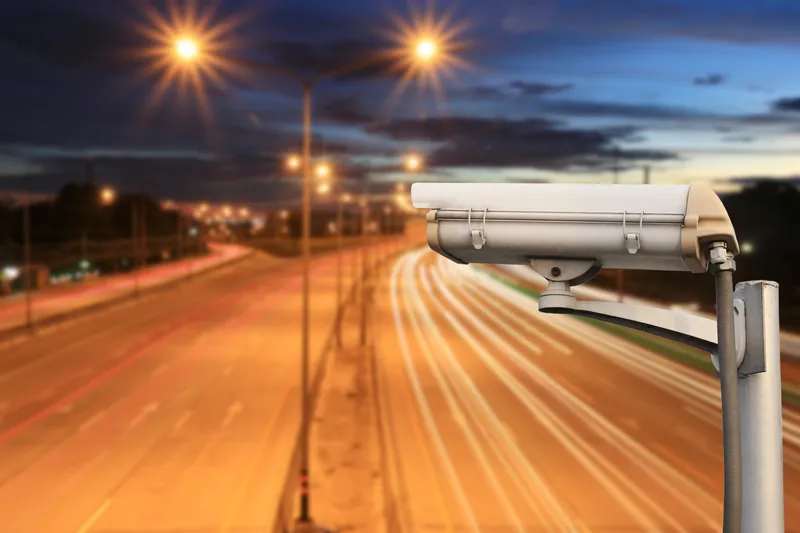One of the largest field tests ever conducted on Car-to-X communication has shown that information exchange between vehicles and infrastructure make traffic safer and more efficient.
simTD (Safe Intelligent Mobility – Test Field Germany), a joint project by leading German automotive manufacturers, component suppliers, telecommunication companies, research institutions and public authorities recently carried out tests on the simTD technology using 500 test drivers in moving traffic.
Scientists at the Technische Universität München (TUM) simulated the effect on traffic if all vehicles were fitted with the technology. Based on the scientists’ findings, the consortium assumes potential savings of more than US$14.5 billion each year to the German economy.
The system developed by the simTD project links vehicles and infrastructure electronically. Using specially developed radio technology, based on the WLAN standard, sensors installed along the route receive and transmit traffic information to and from vehicles and roadside stations. This data is also transmitted to a traffic centre, which then forecasts and manages the traffic.
Drivers with simTD technology equipped vehicles can view a display providing them with information such as suggestions on the best route or the optimum speed for urban driving to avoid red lights. They also receive visual and acoustic warnings of imminent dangers such as traffic queues, emergency vehicles or dropped loads.
“The field test clearly shows that the system provides for enhanced safety, efficiency and comfort in road traffic,” says Professor Fritz Busch, TUM's chair of Traffic Engineering and Control. “Drivers have used the information to adapt their speed and driving behaviour earlier to a particular traffic situation. The benefits of networking are great, particularly in situations where hidden dangers lurk.”
“The Car-to-X technology is now ready for market,” says project coordinator Dr. Christian Weiss.
As a first step, a system is planned for a corridor between Rotterdam and Vienna, via Frankfurt/Main. This system, planned for 2015, will monitor the traffic situation at road works and issue relevant warnings to drivers. To standardise the technology further, the project partners are working with other European automakers and authorities.
Networked cars ‘make traffic safer and more efficient’
One of the largest field tests ever conducted on Car-to-X communication has shown that information exchange between vehicles and infrastructure make traffic safer and more efficient. simTD (Safe Intelligent Mobility – Test Field Germany), a joint project by leading German automotive manufacturers, component suppliers, telecommunication companies, research institutions and public authorities recently carried out tests on the simTD technology using 500 test drivers in moving traffic. Scientists at the Technis
June 21, 2013
Read time: 2 mins








